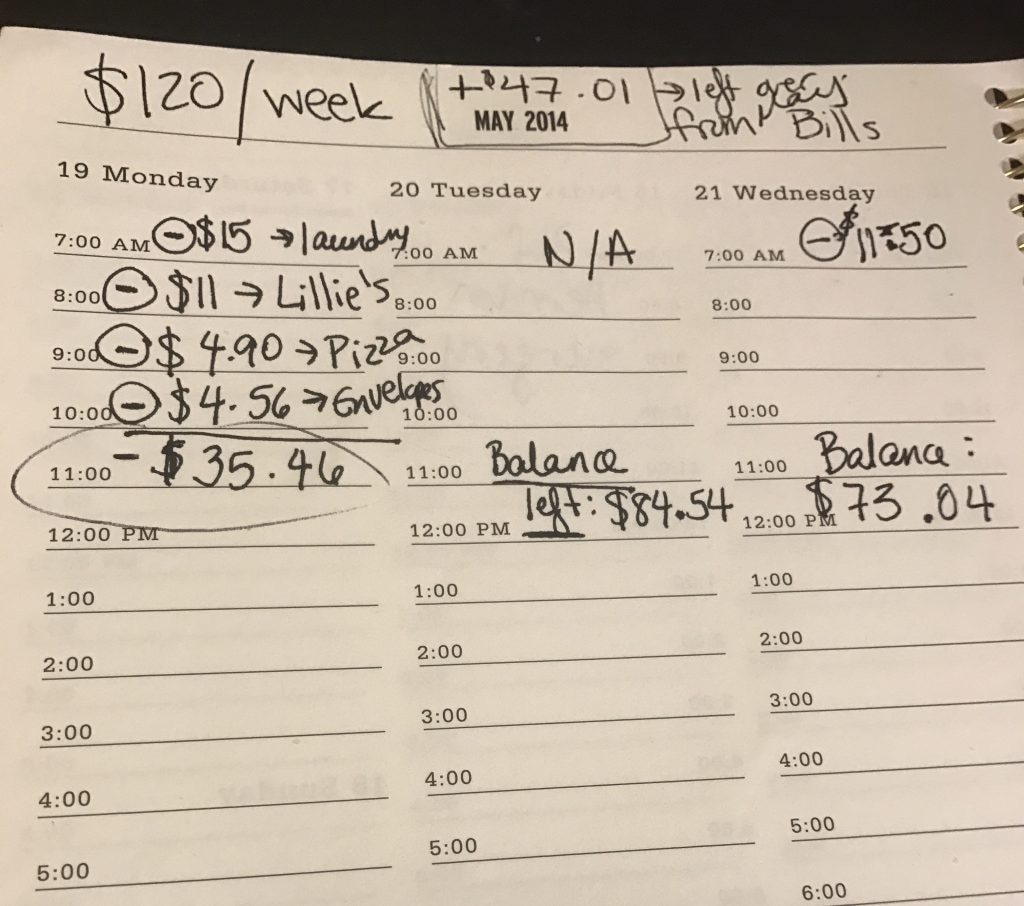Why Power Is Synonymous With Freedom
“Power doesn’t corrupt, it reveals.”
What is power? And where does it come from?
These two questions have been swirling in my mind this week as I’ve been reading Working, a revealing account of Robert A. Caro’s reporting and writing process. Caro is a Pulitzer Prize-winning journalist and author best known for his biographies of Robert Moses and Lyndon B. Johnson.
As a young reporter, Caro became intrigued by the idea of power — who holds it, where they get it, and how they use it — so his first biography focused on Robert Moses, the man who essentially built New York City.
“Really, my books are an examination of what power does to people. Power doesn’t always corrupt, and you can see it in the case of, for example, Al Smith or Sam Rayburn. There, power cleanses.”
“But what power always does is reveal, because when you’re climbing, you have to conceal from people what it is you’re really willing to do, what it is you want to do. But once you get enough power, once you’re there, where you wanted to be, then you can see what the protagonist wanted to do all along, because now he’s doing it.”
In this newsletter, we study successful, and often powerful, figures whose decisions affect hundreds if not millions of people. We’ve seen it before. We see it even more clearly today.
Caro says that regard for power means disregard of those without power. “You have to write not only about the man who wields the sword, but also about the people on whom it is wielded.”
At the moment, many of us are feeling the sharp edge of the sword pressing into us as we grasp for some semblance of control and power over our everyday lives. When I thought about power, the first person to come to mind was Oprah. How does someone like Oprah go from the receiving end of the sword to a billionaire media titan whose power has endured through the decades? “In every challenging experience, there's an opportunity to grow, enhance your life, or learn something invaluable about yourself,” she says. “When your life is on course with its purpose, you are your most powerful.”
To me, power is synonymous with freedom. When I moved to New York City six years ago, more than half of my paycheck went to rent. So I needed a budget. After taking out my expenses (rent, bills, a subway pass), I calculated that I had about $120 per week left to spend on whatever I wanted. (You’ll see in the picture below that I apparently chose pizza and envelopes.)
It sounds silly, but having saved $3.64 at the end of the week made me feel in control. As Caro said, “Power doesn’t corrupt, it reveals.” It reveals your true character to other people, but most importantly, it reveals you to yourself. If I hadn’t saved a few extra dollars each week, I wouldn’t have learned about budgeting, living within my means, and creating optionality for my future self.
Over time, that constraint turned into optionality, which turned into freedom, which turned into the power to choose the entrepreneurial path. In other words, I learned how to push the metaphorical sword away, if only a little.
Freedom is something that many of us aren’t feeling at the moment as we remain indoors, but we’re not powerless. Like I said before, we can lean on the fact that we’re capable. Make something, do something, learn something, or start something. None of this diminishes the pain that the coronavirus has inflicted, but it does offer a slightly more constructive mindset.
Our power at the moment doesn’t lie in our job description or our social status. It lies in the ability to create options in a time of constraint.


